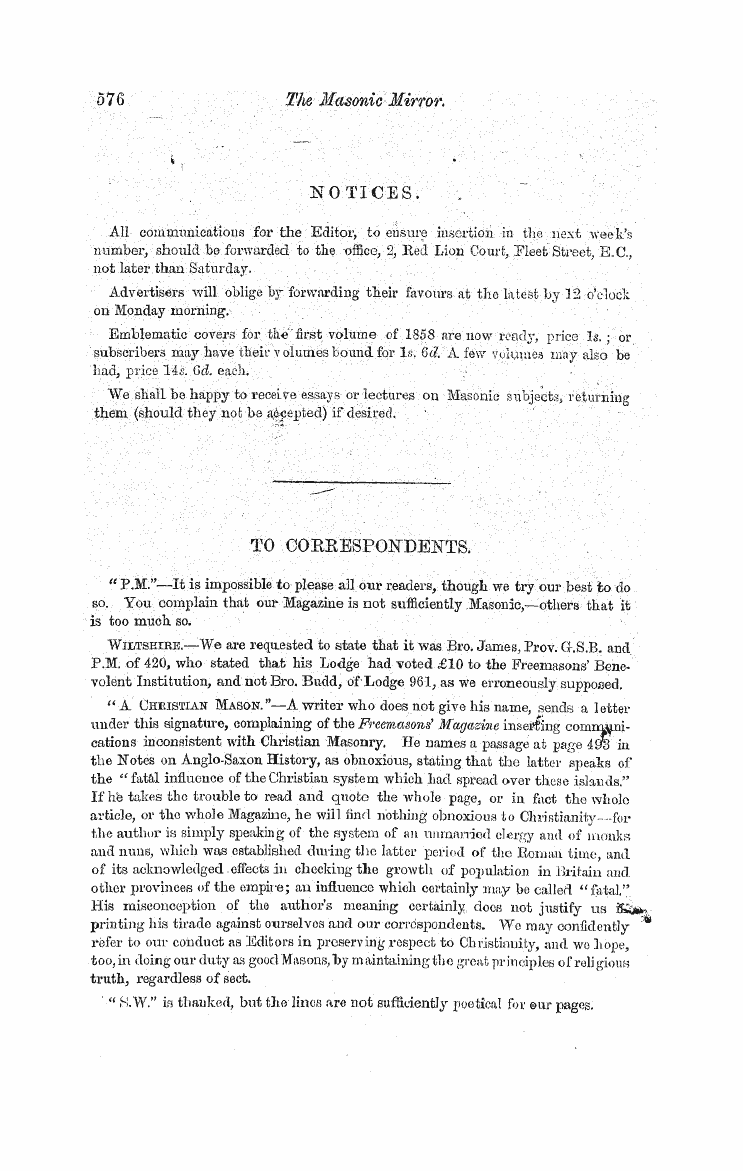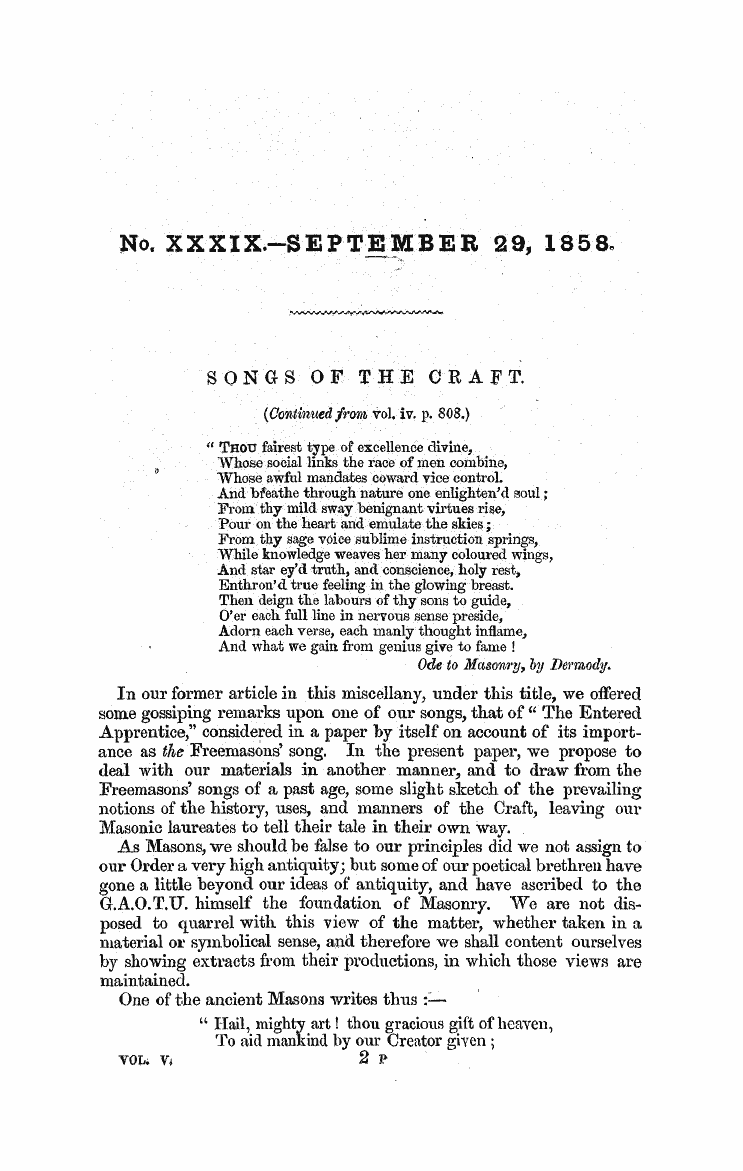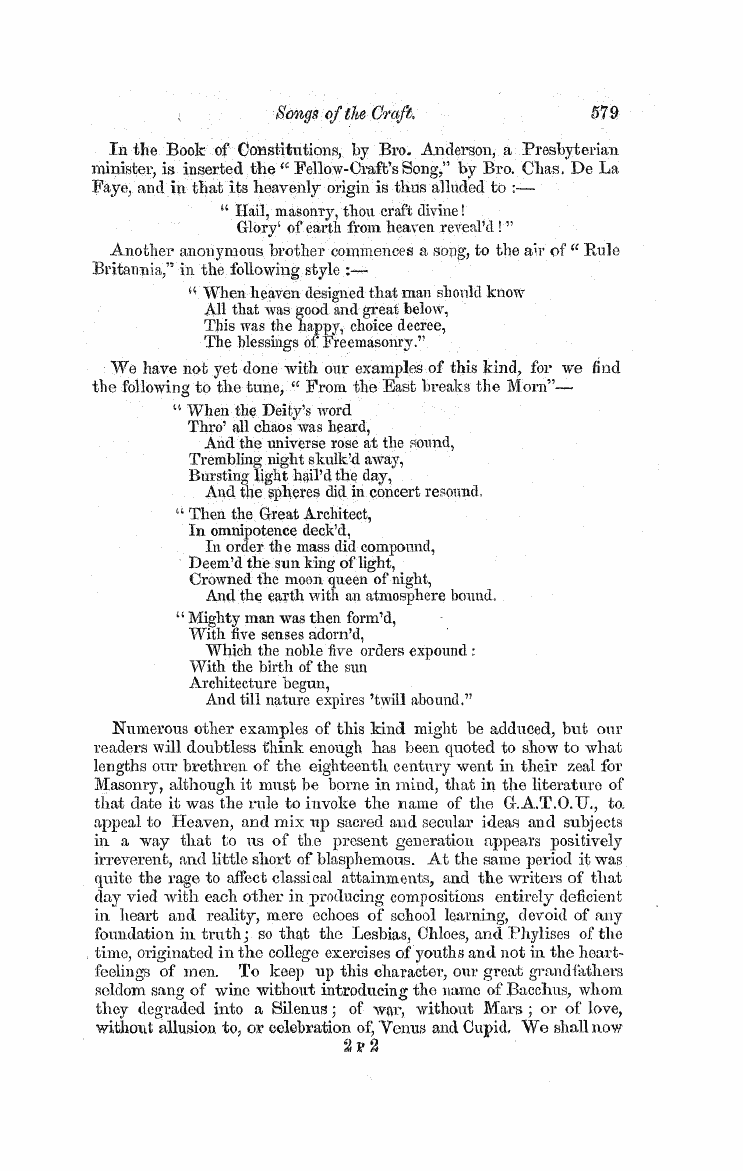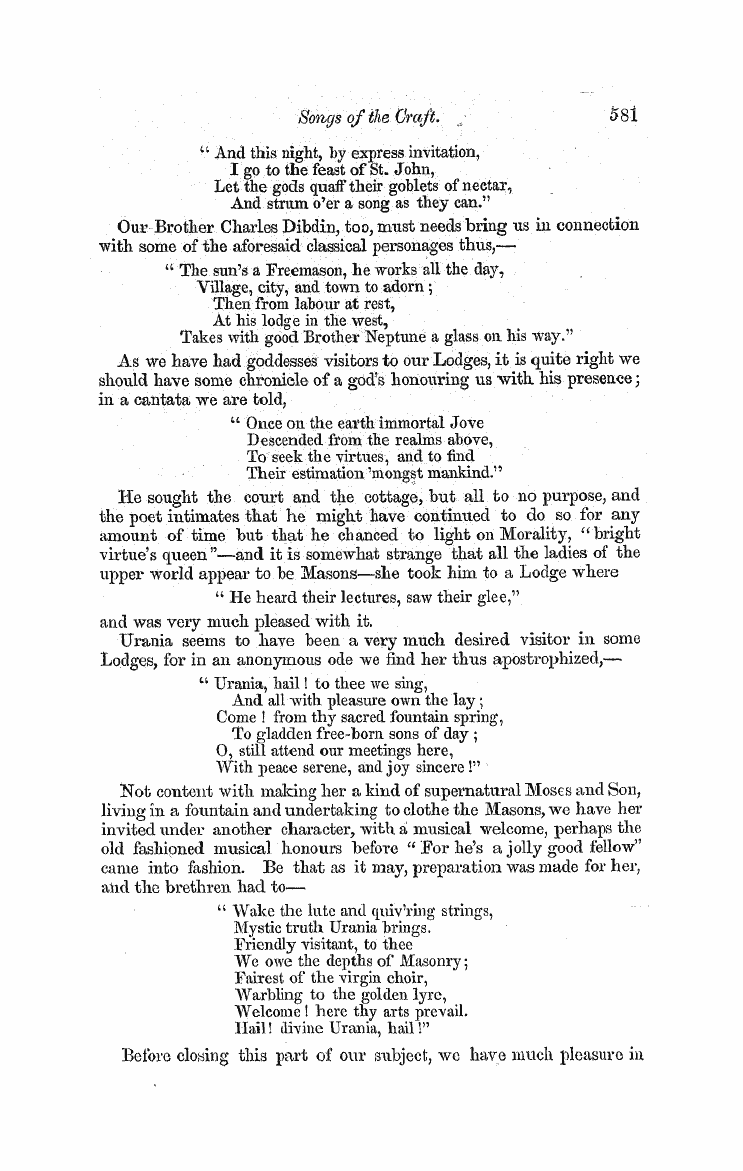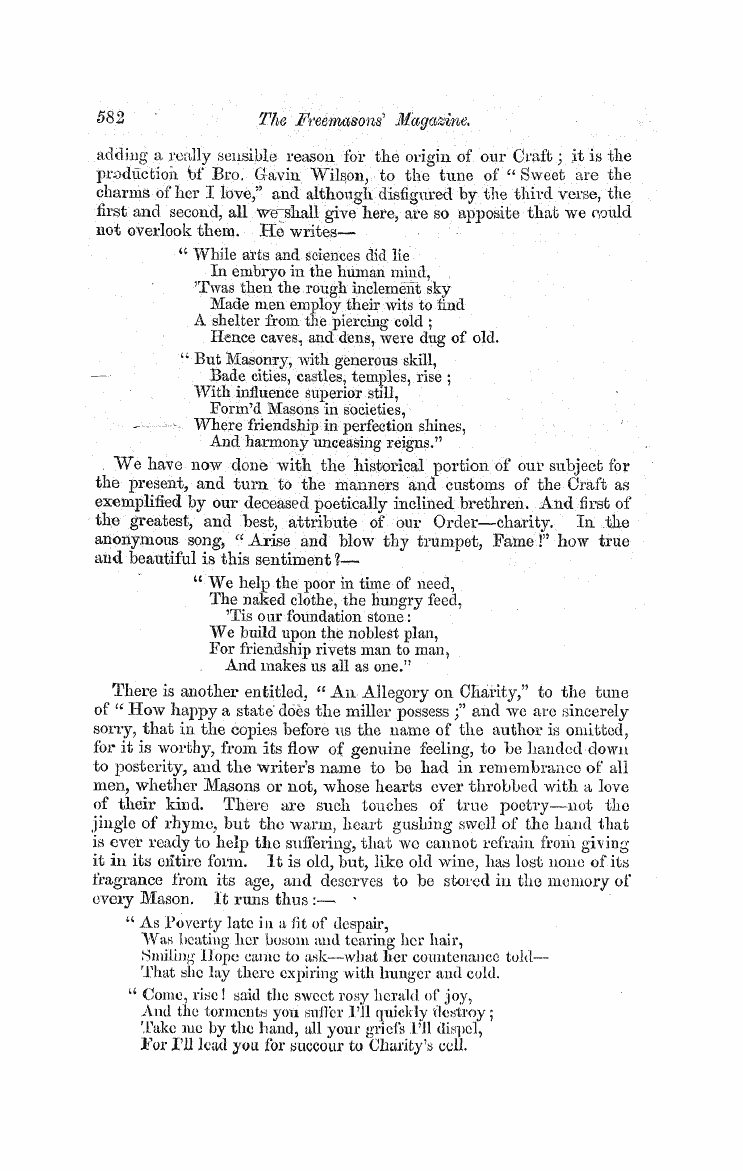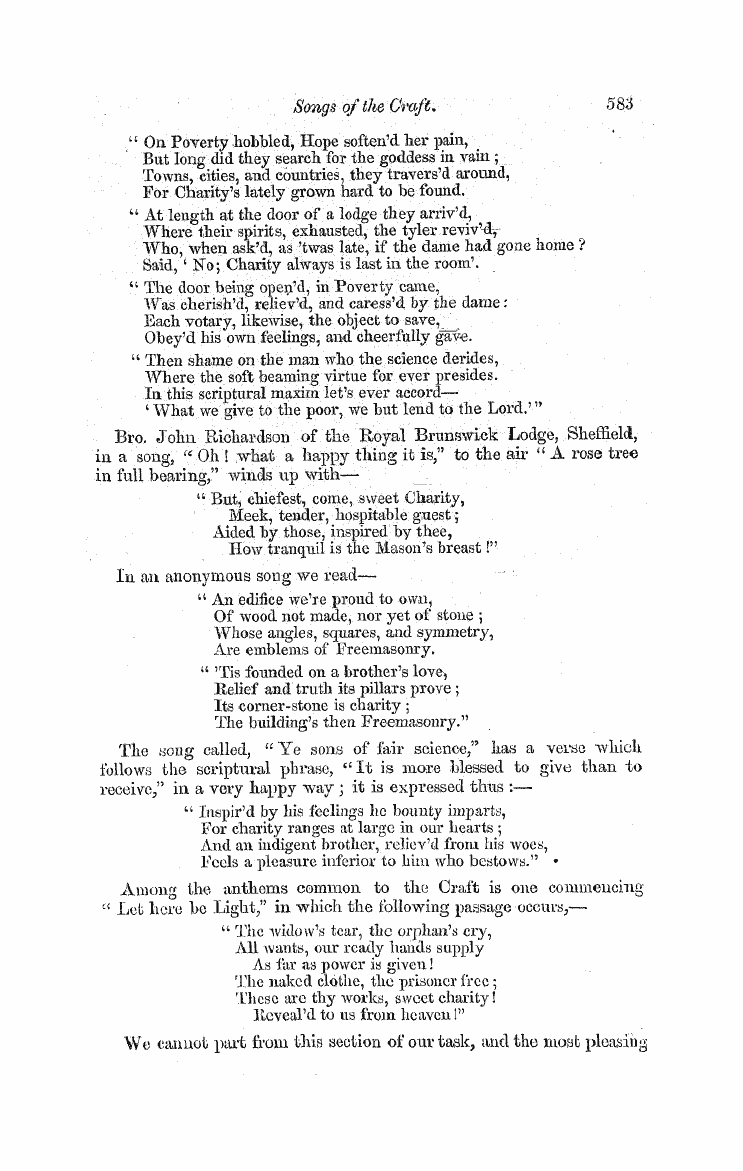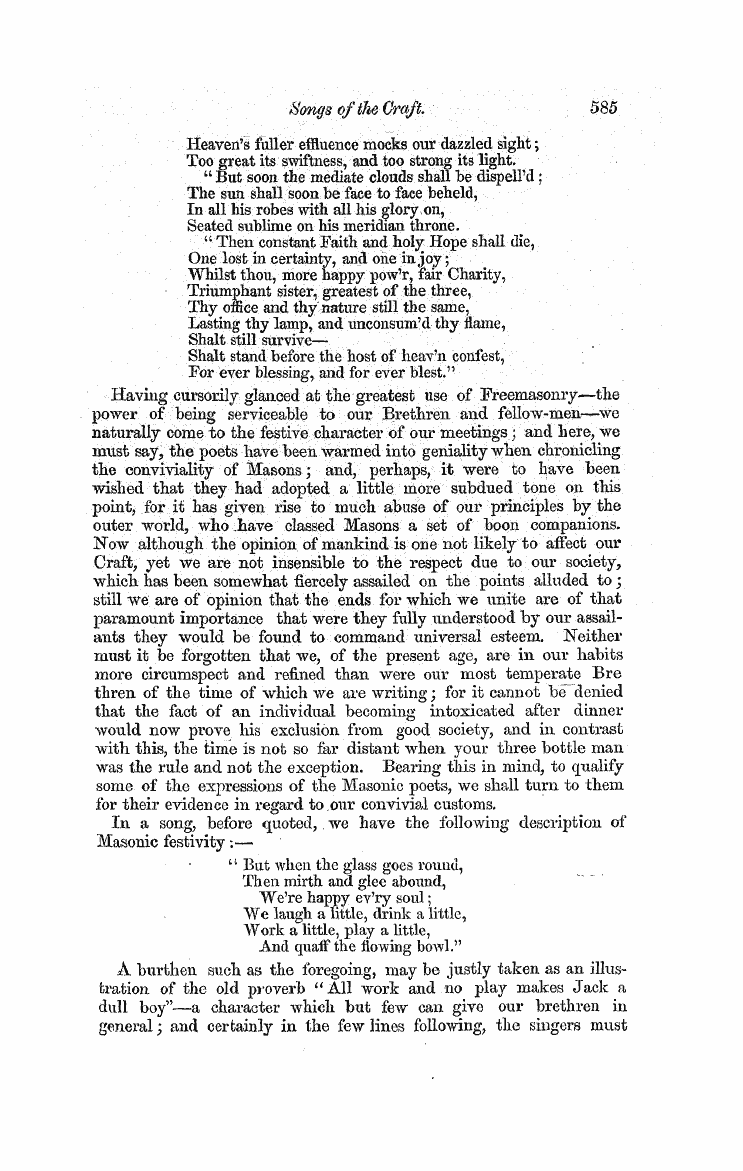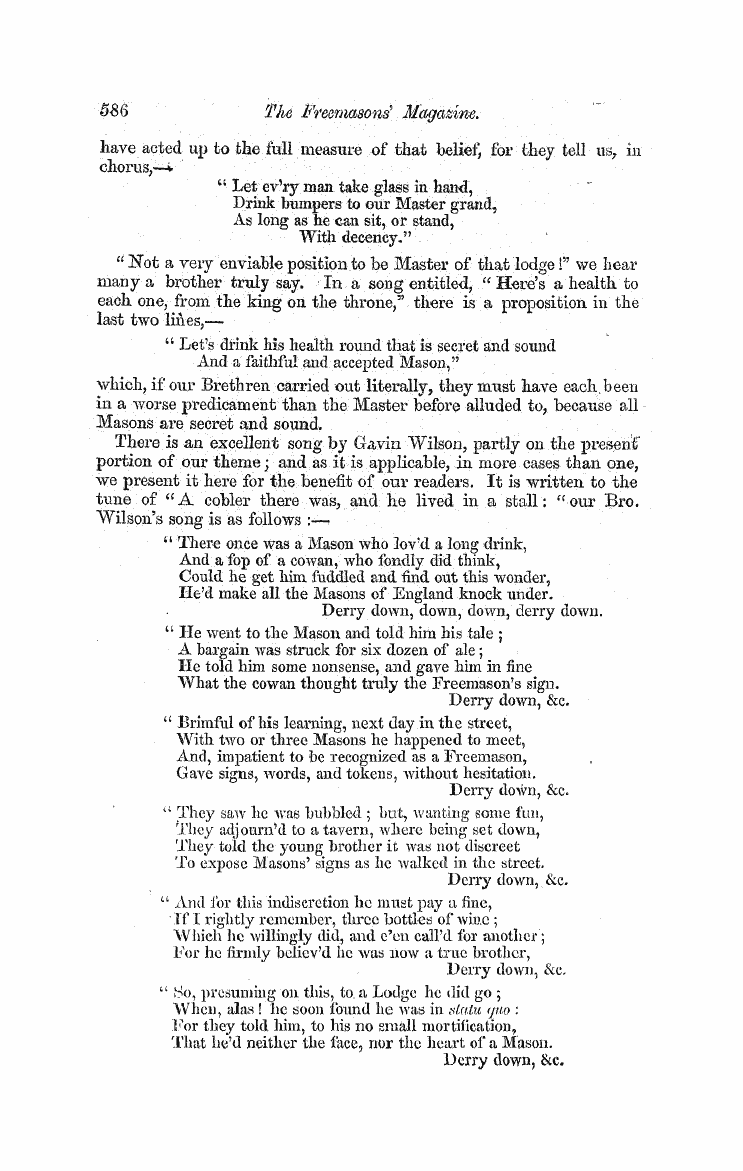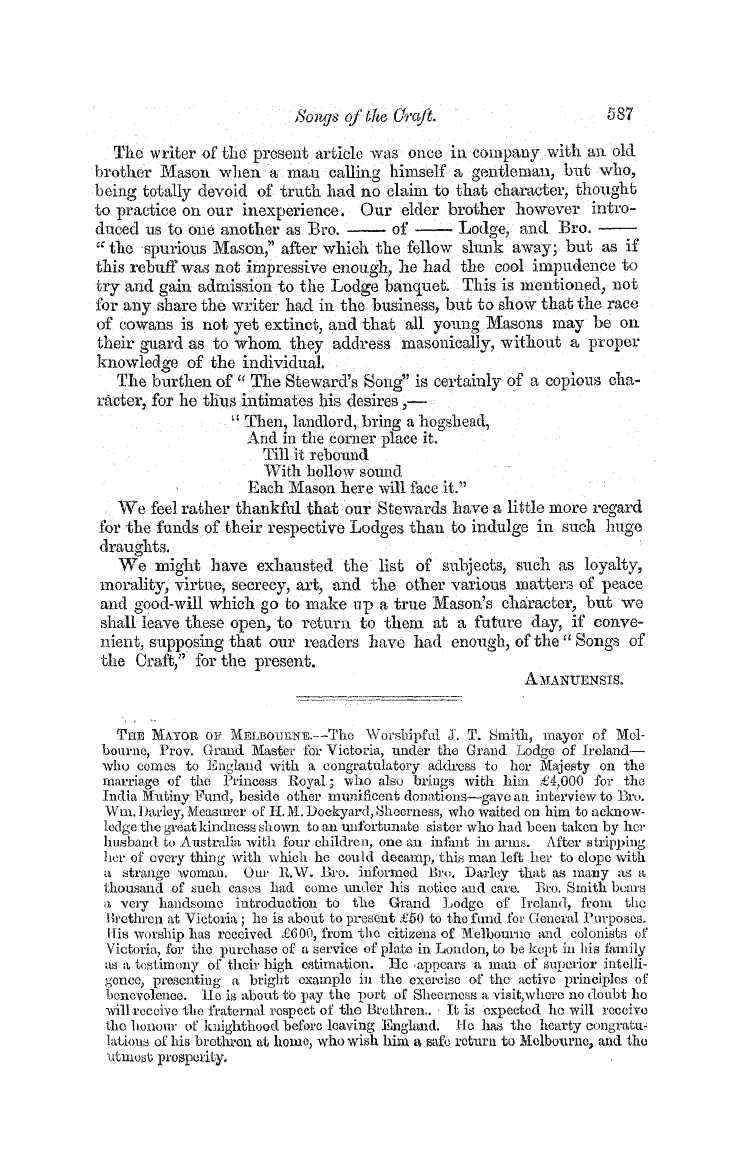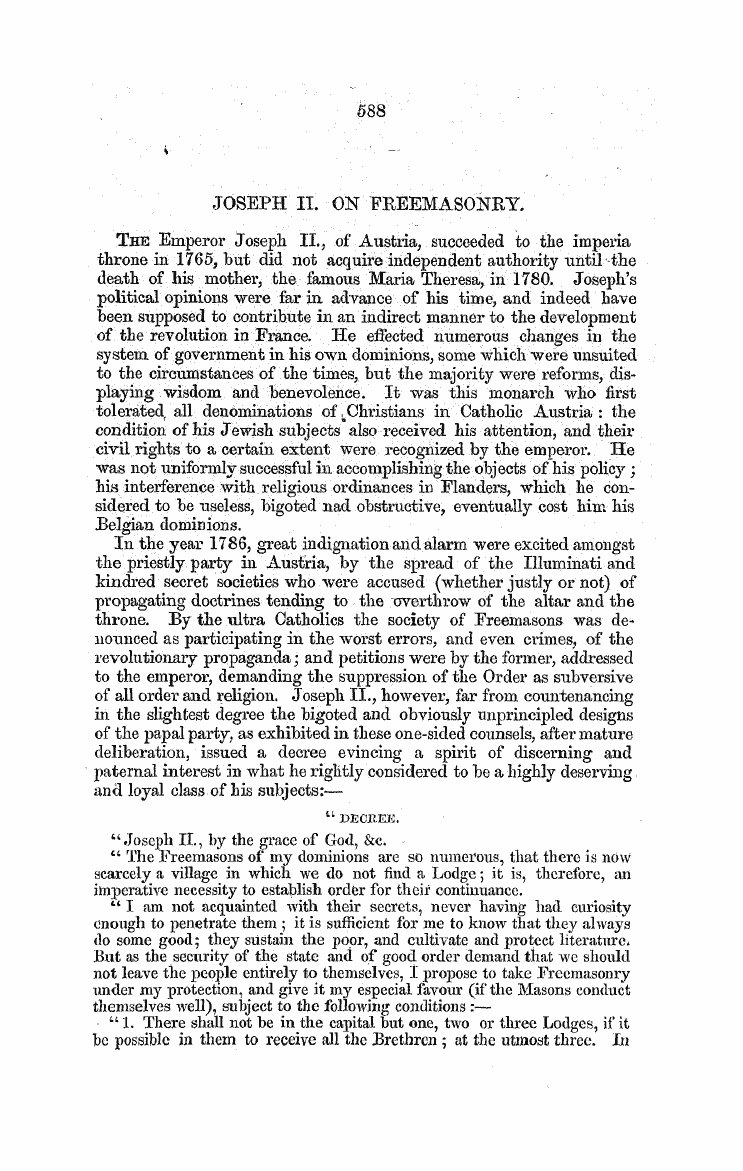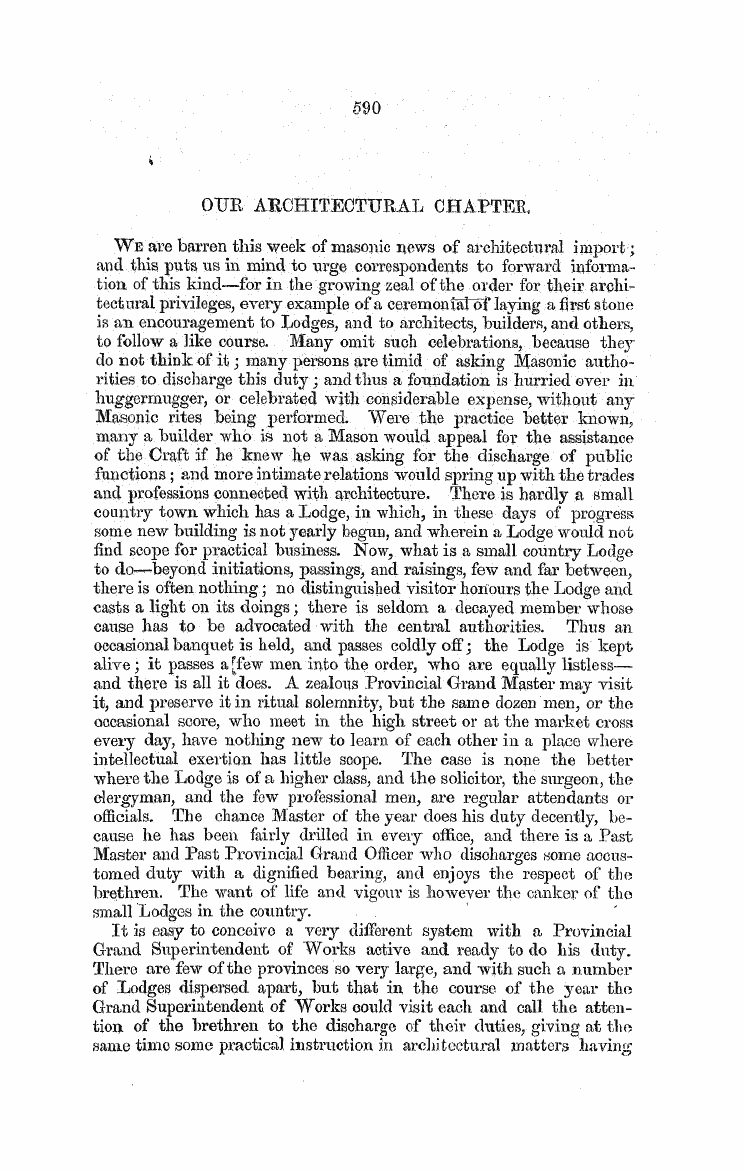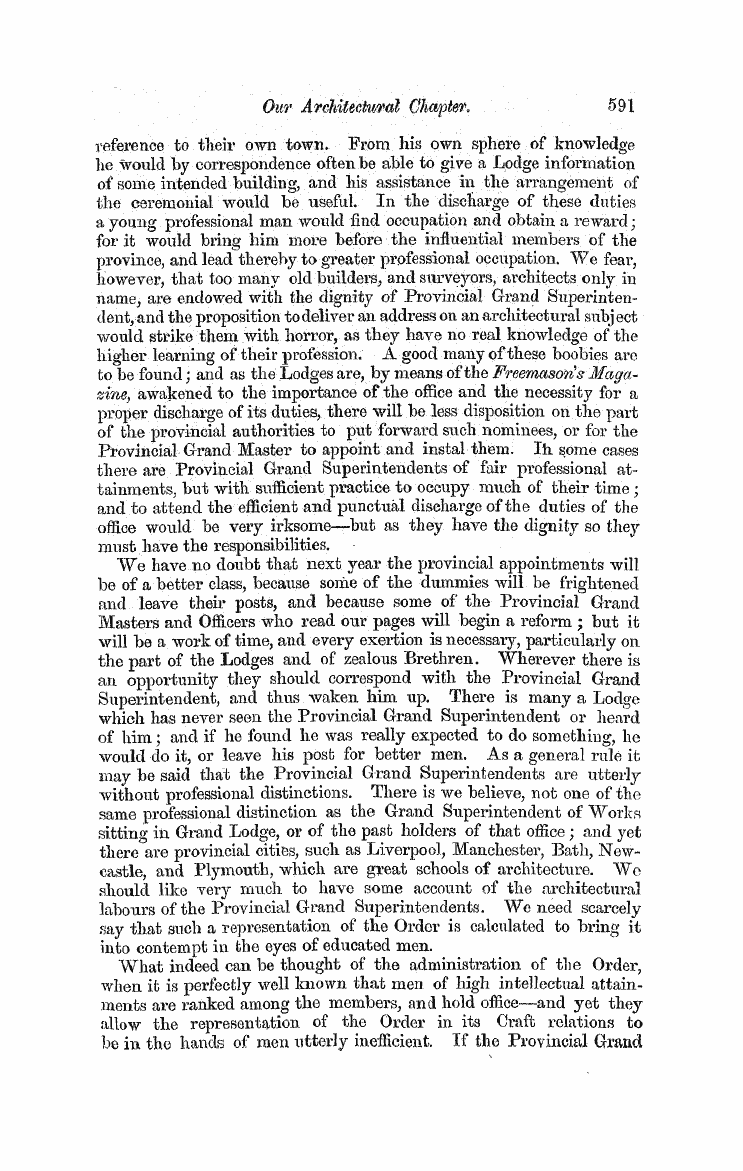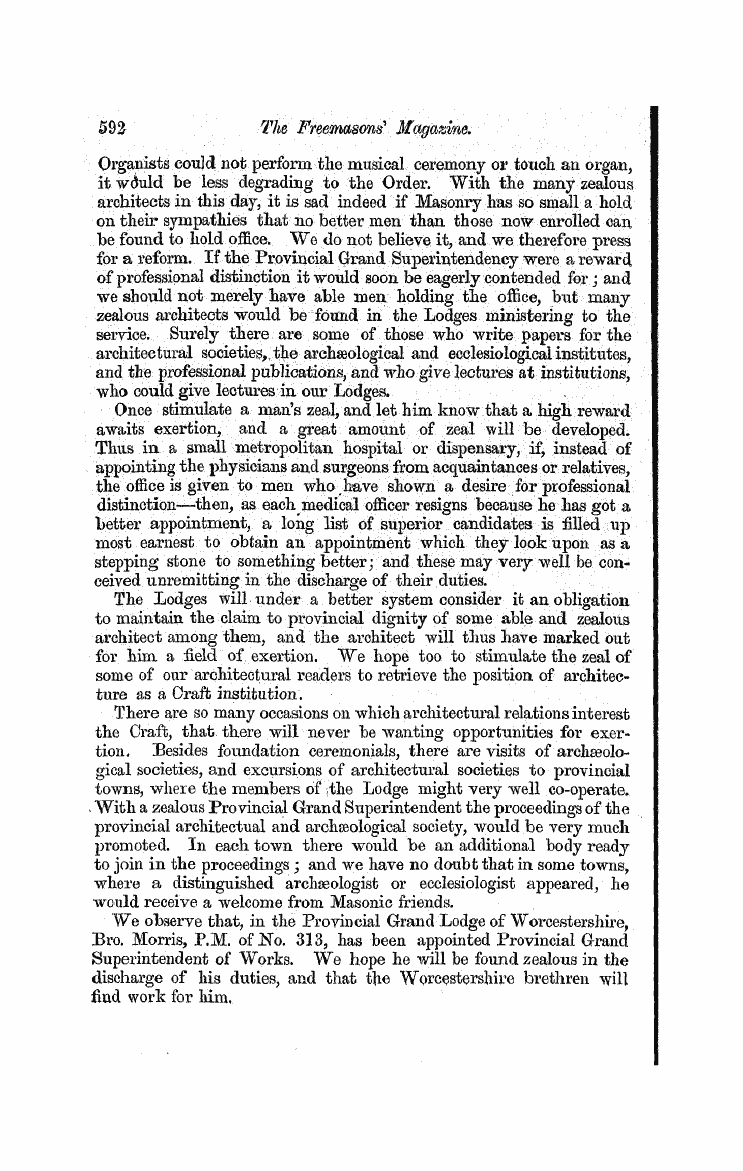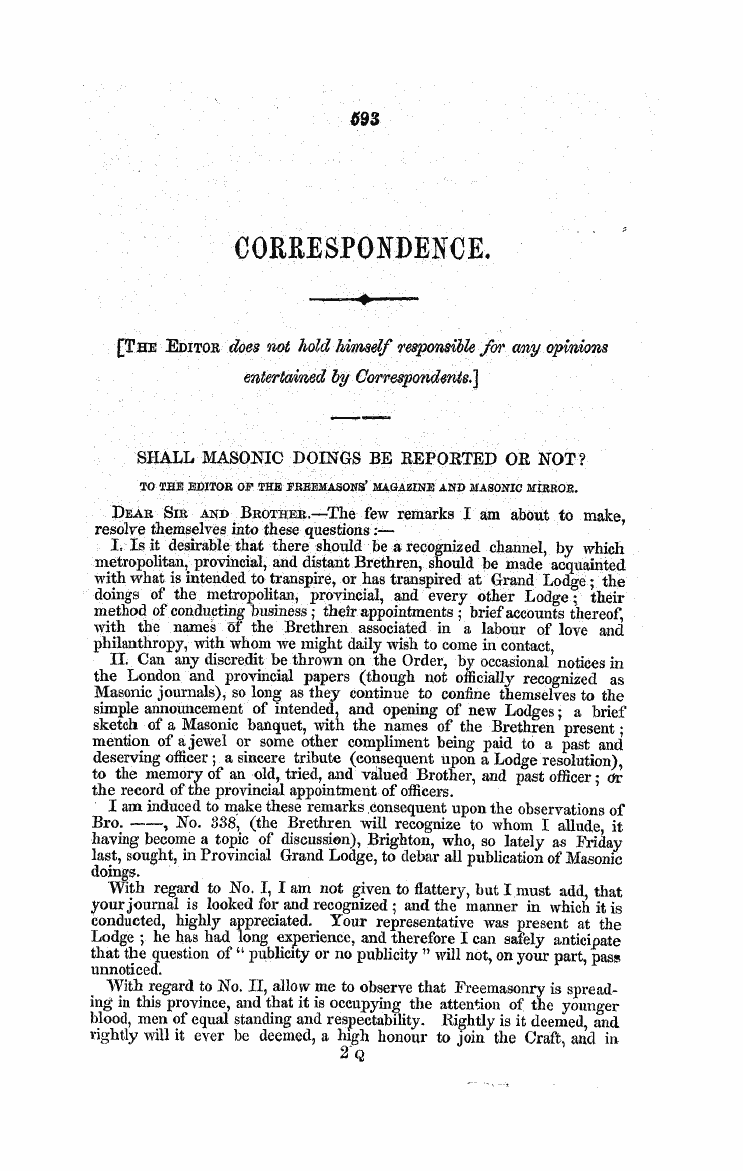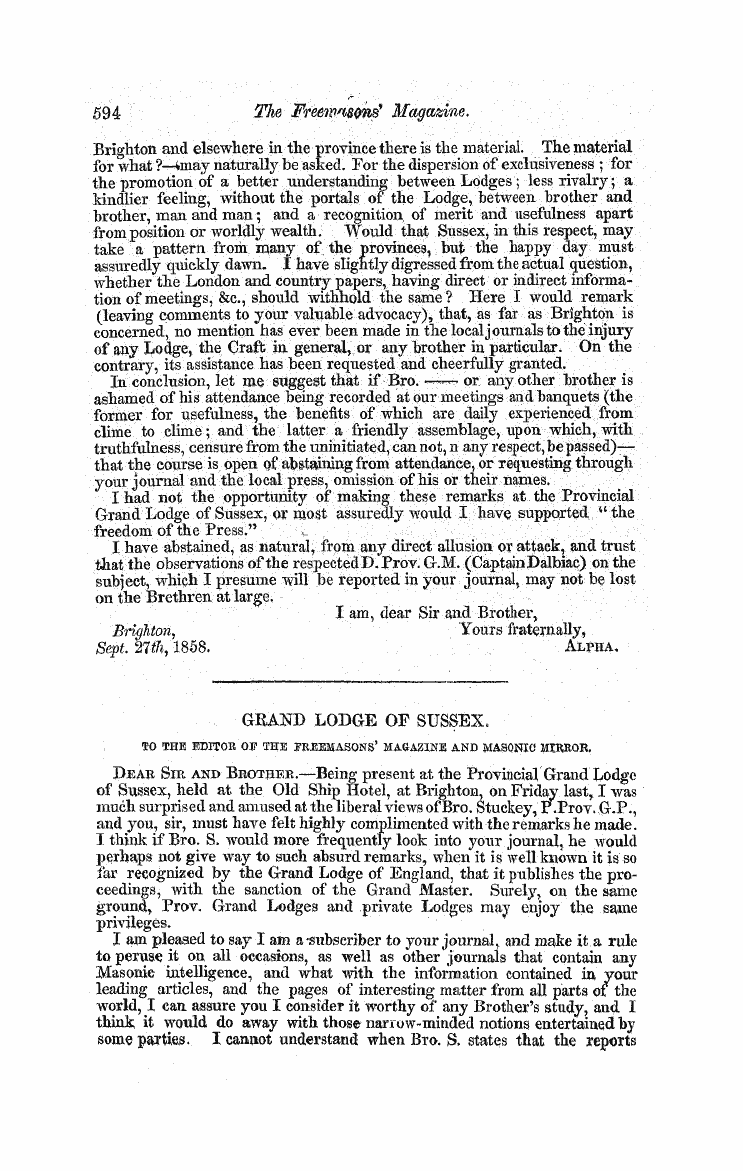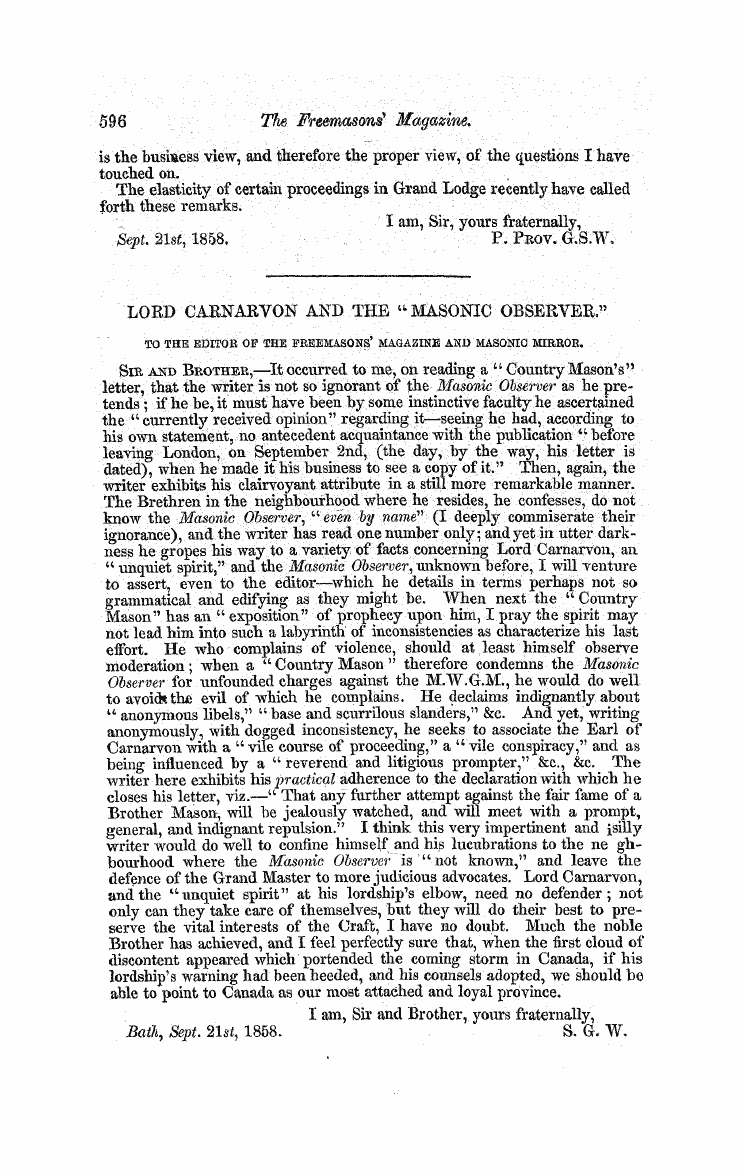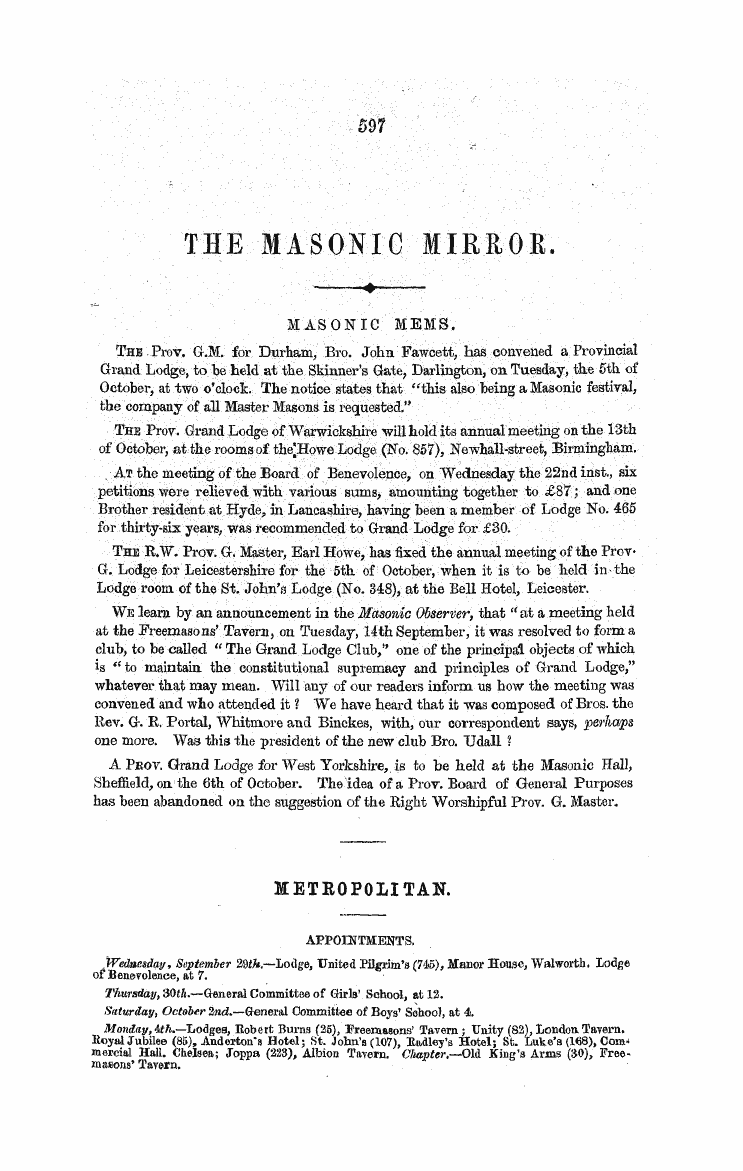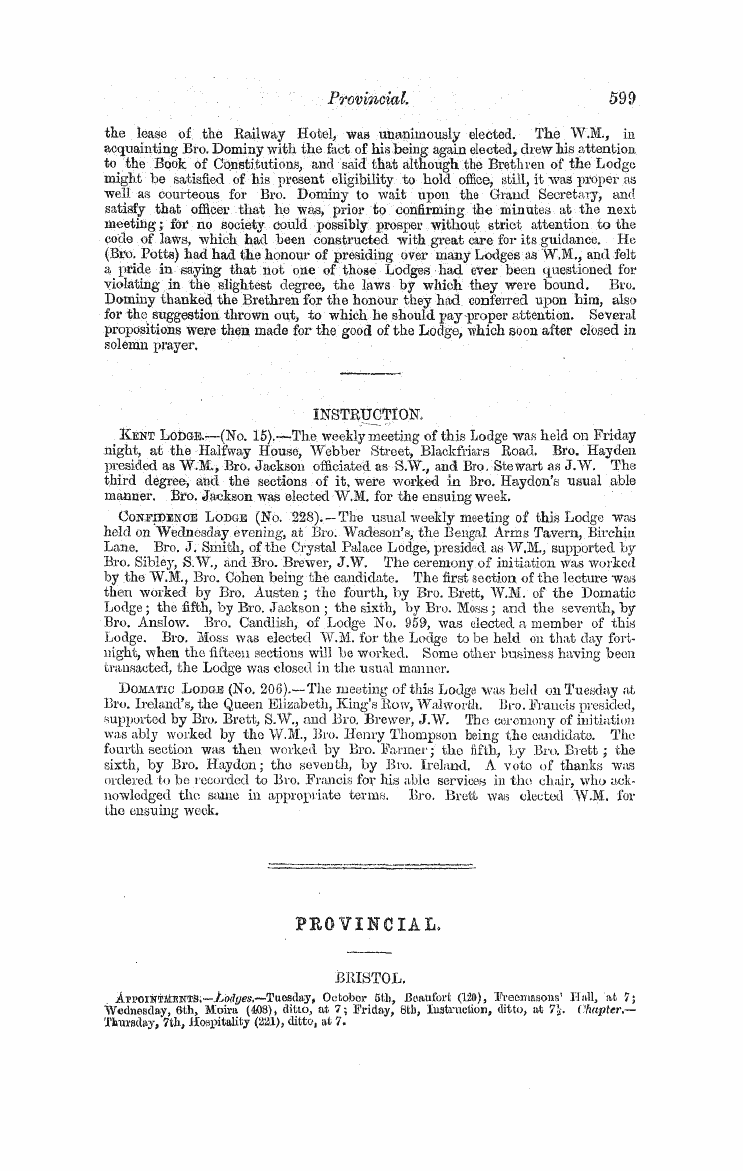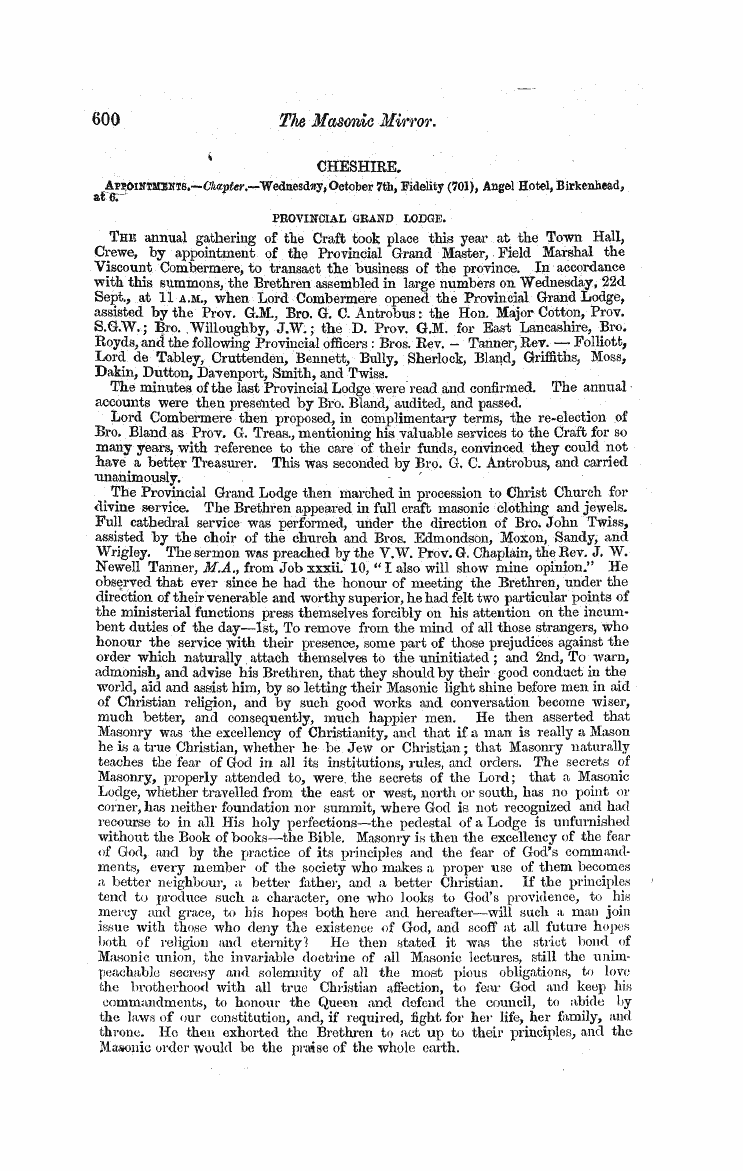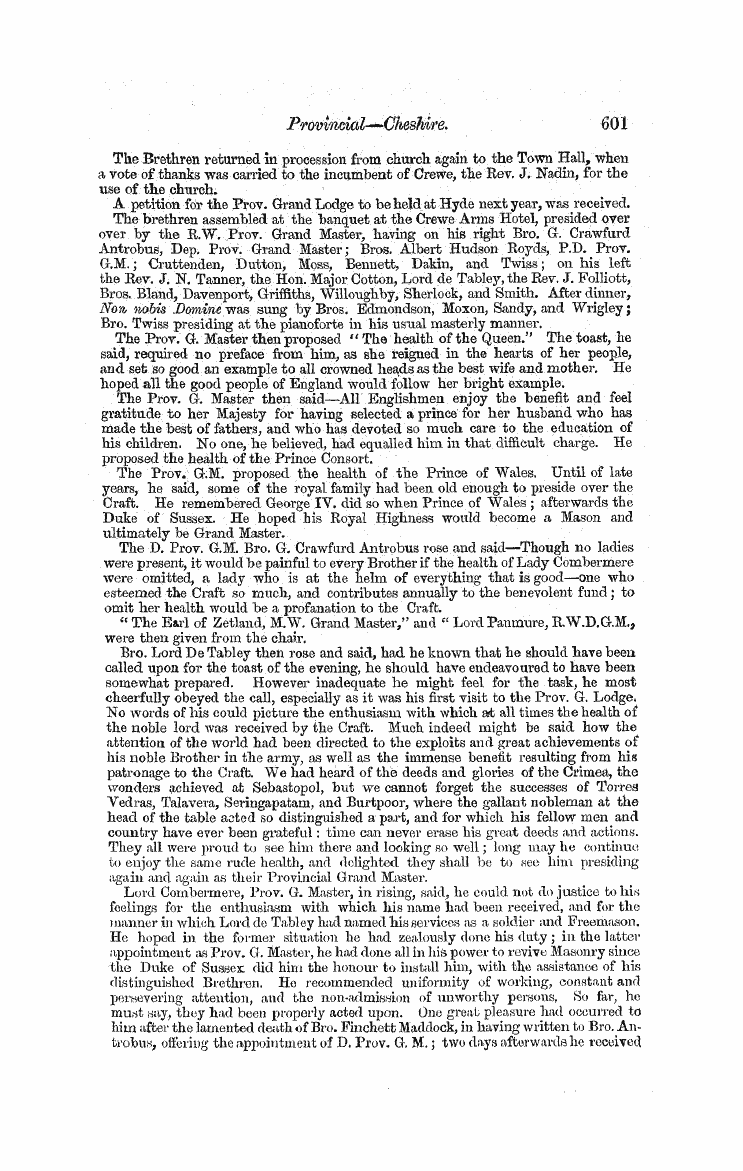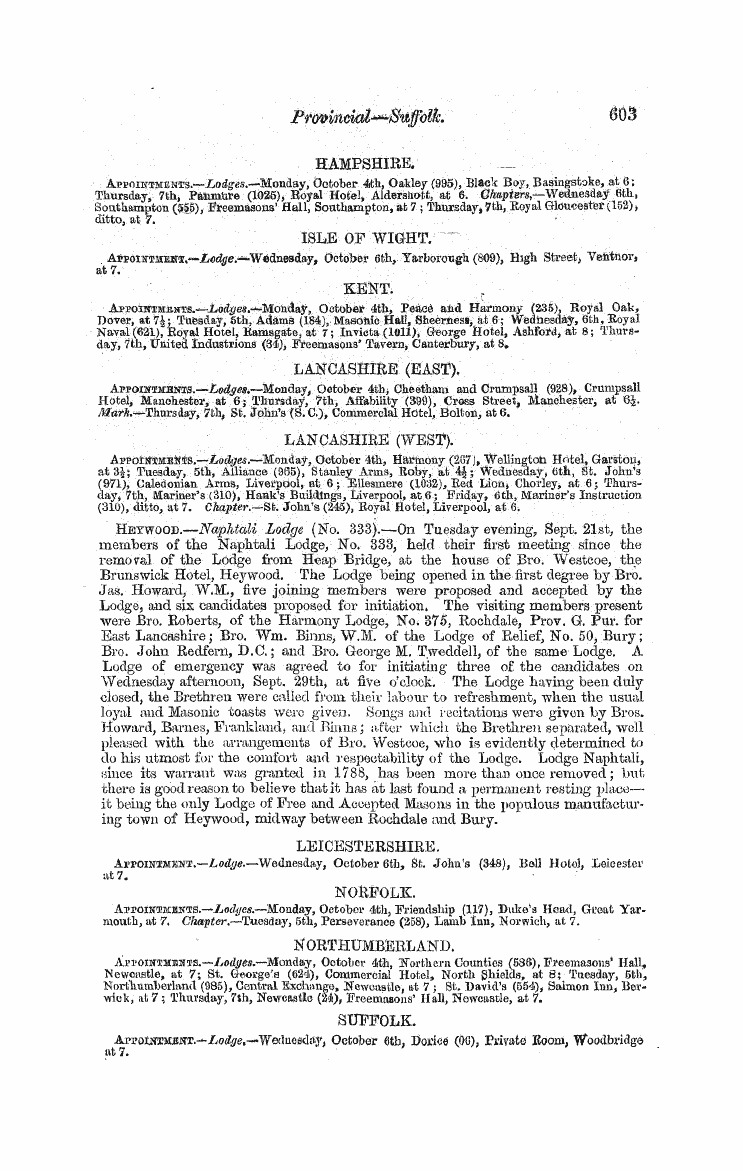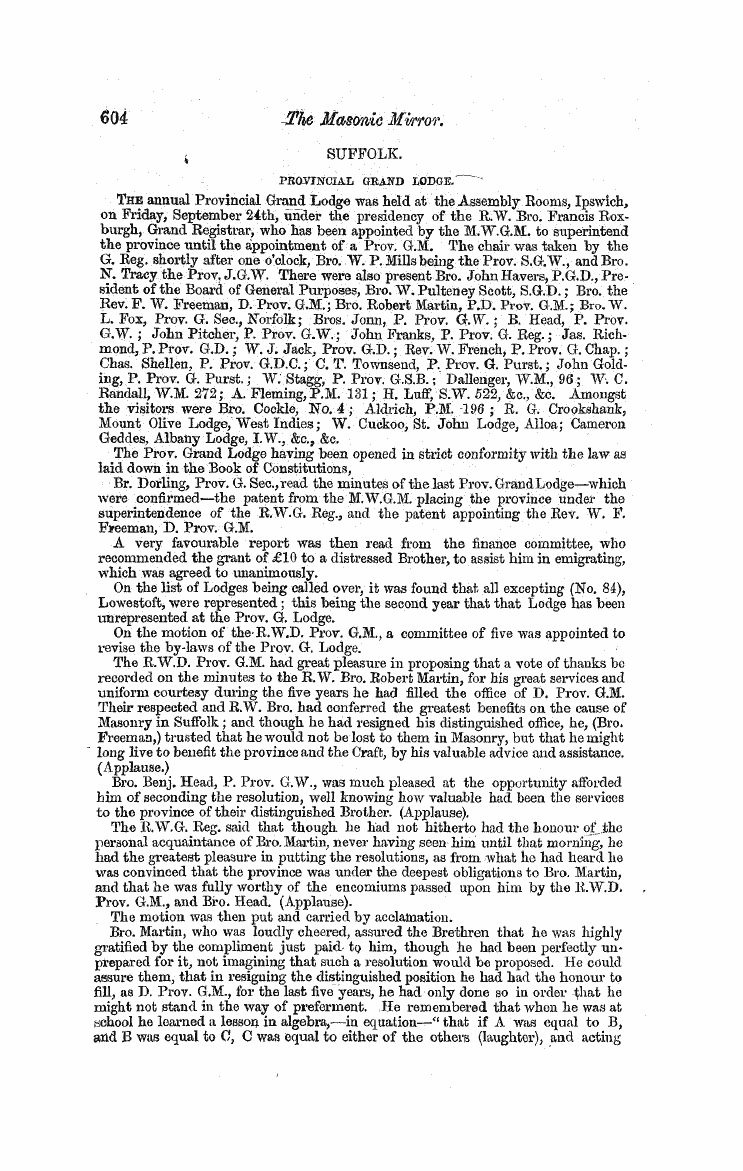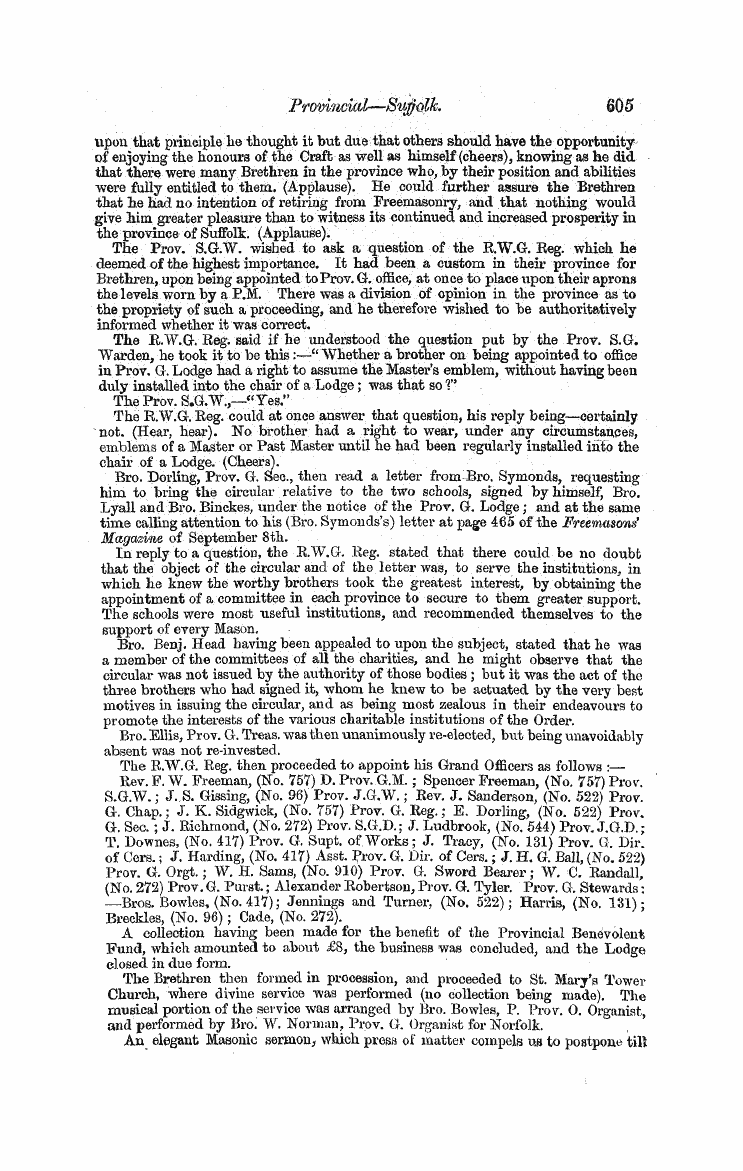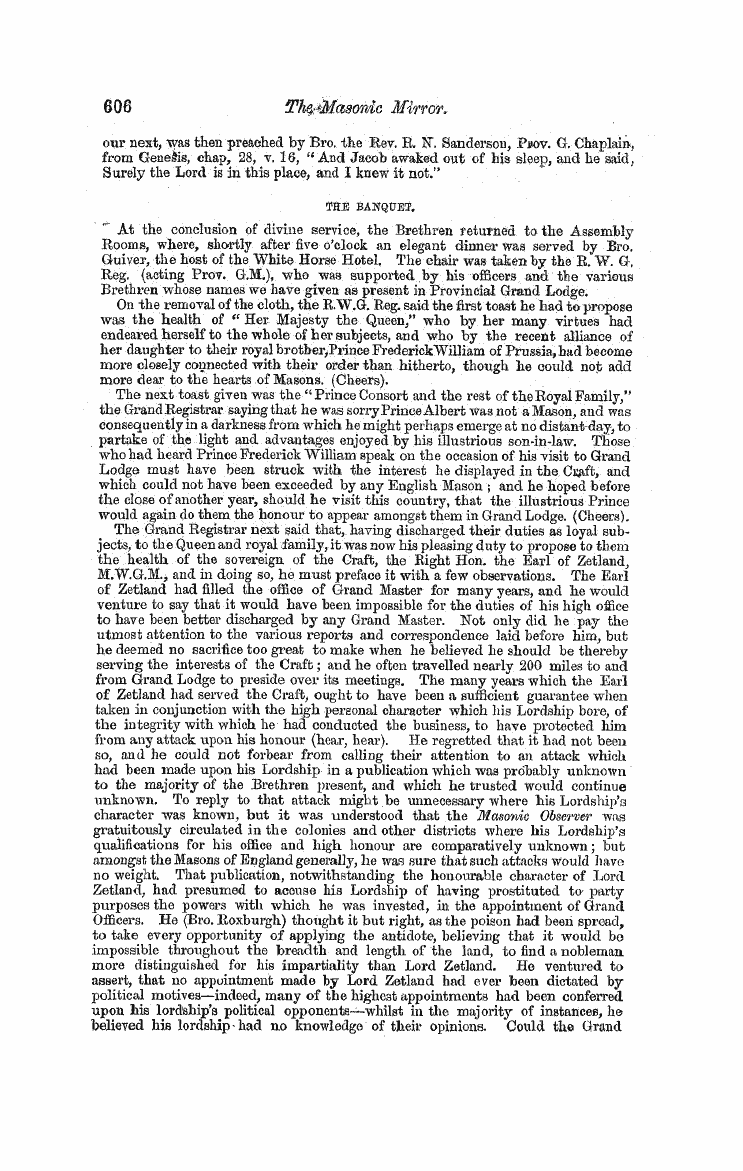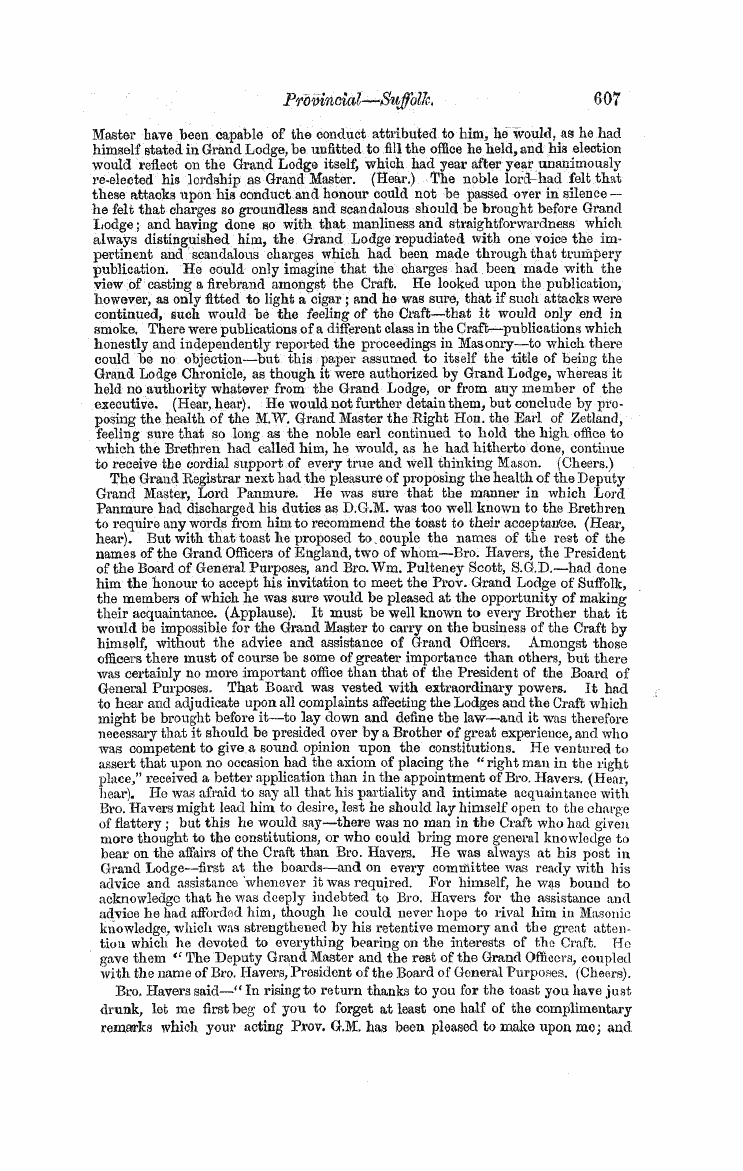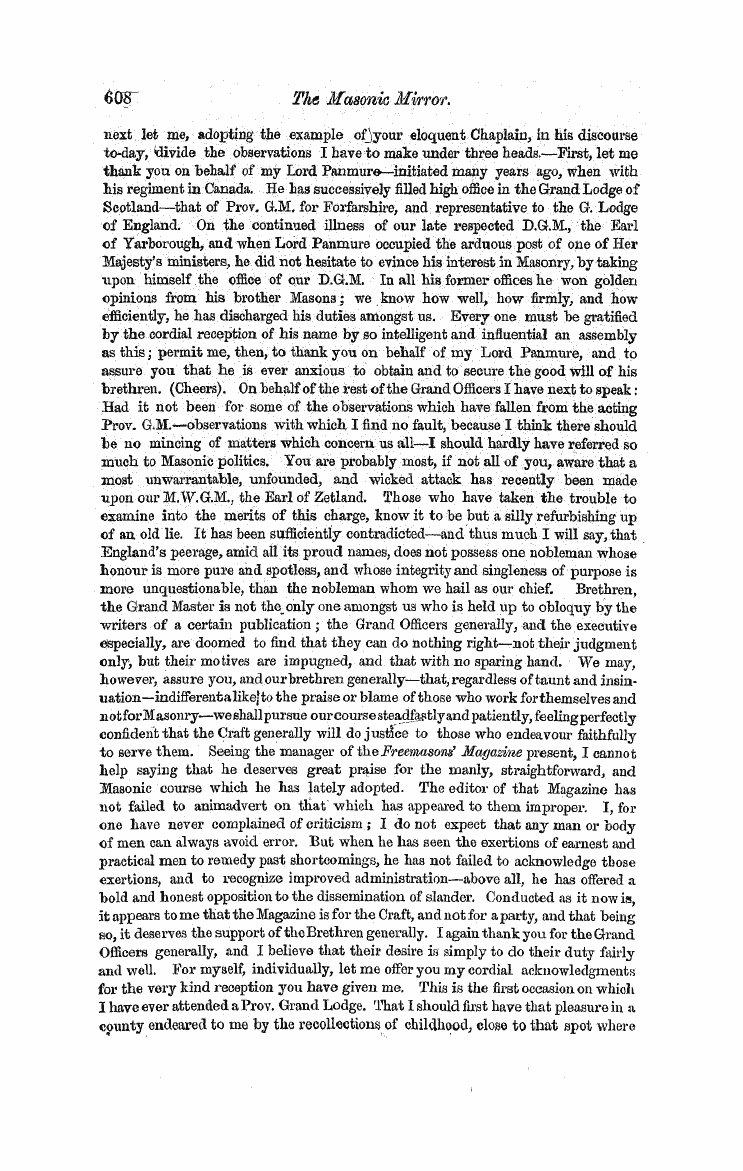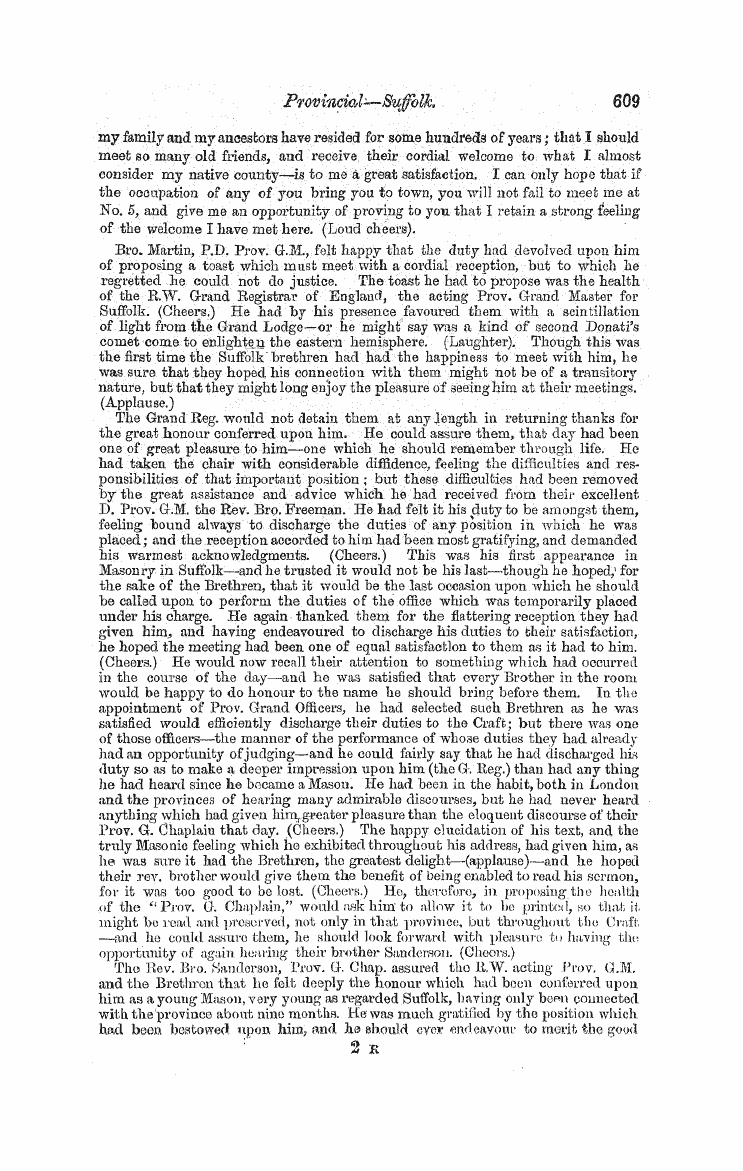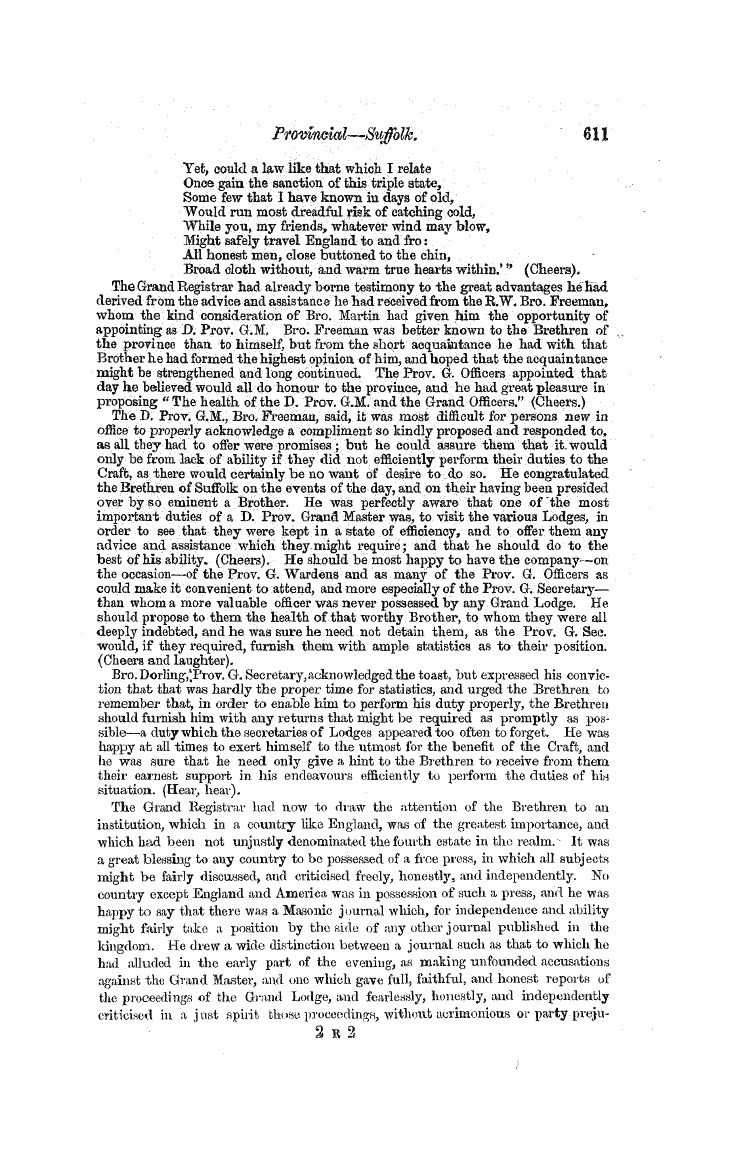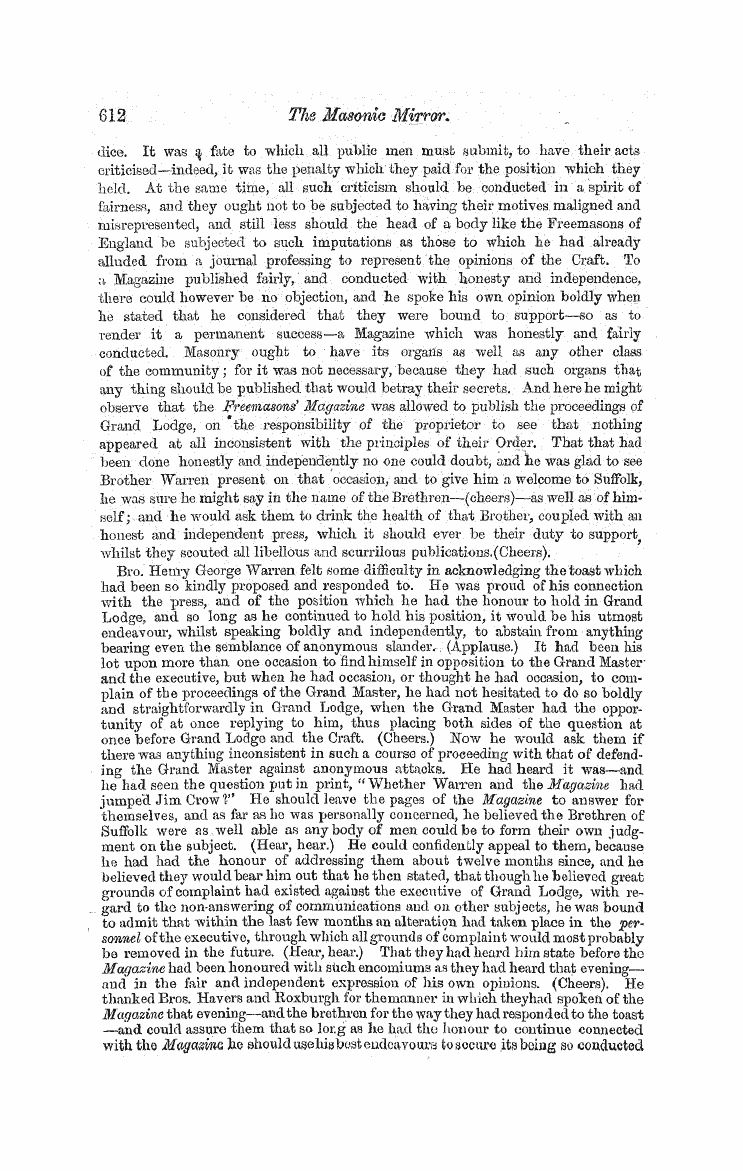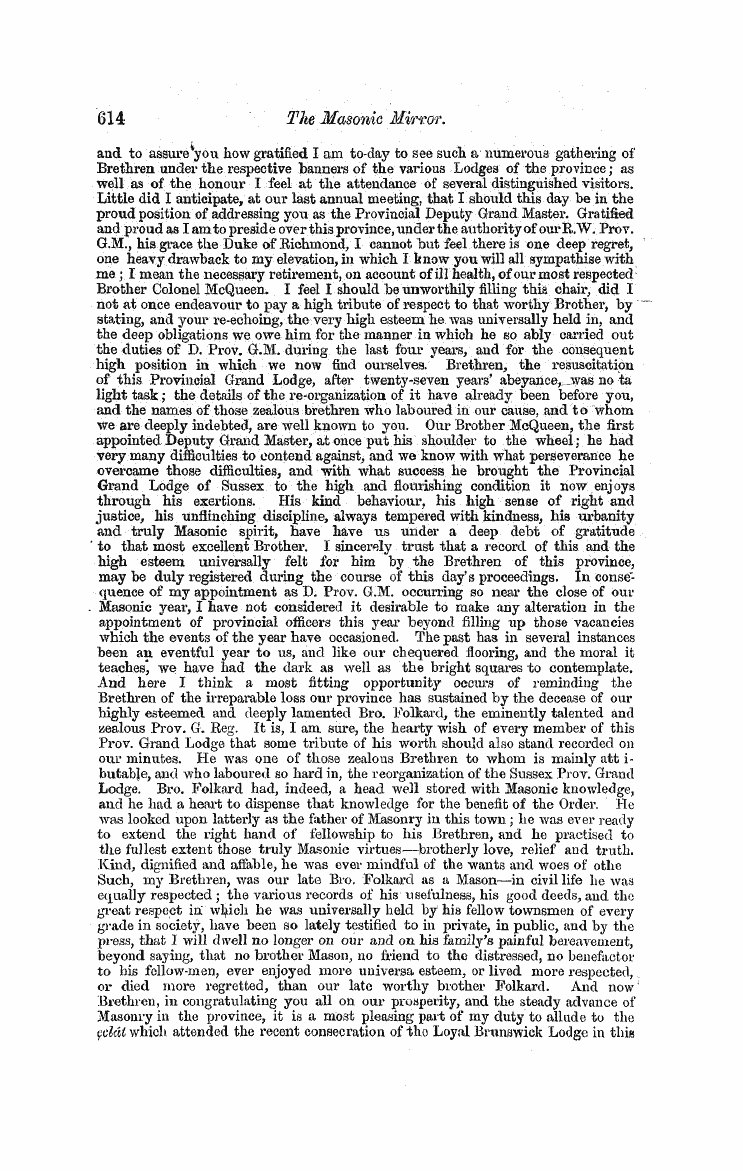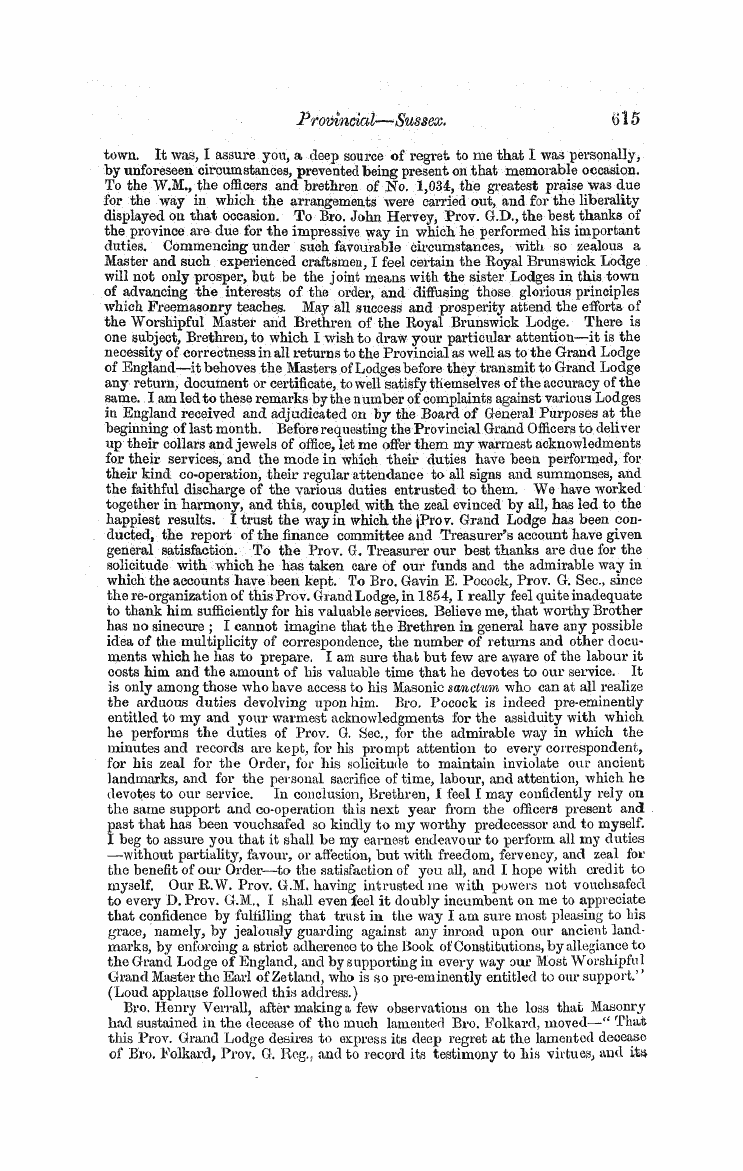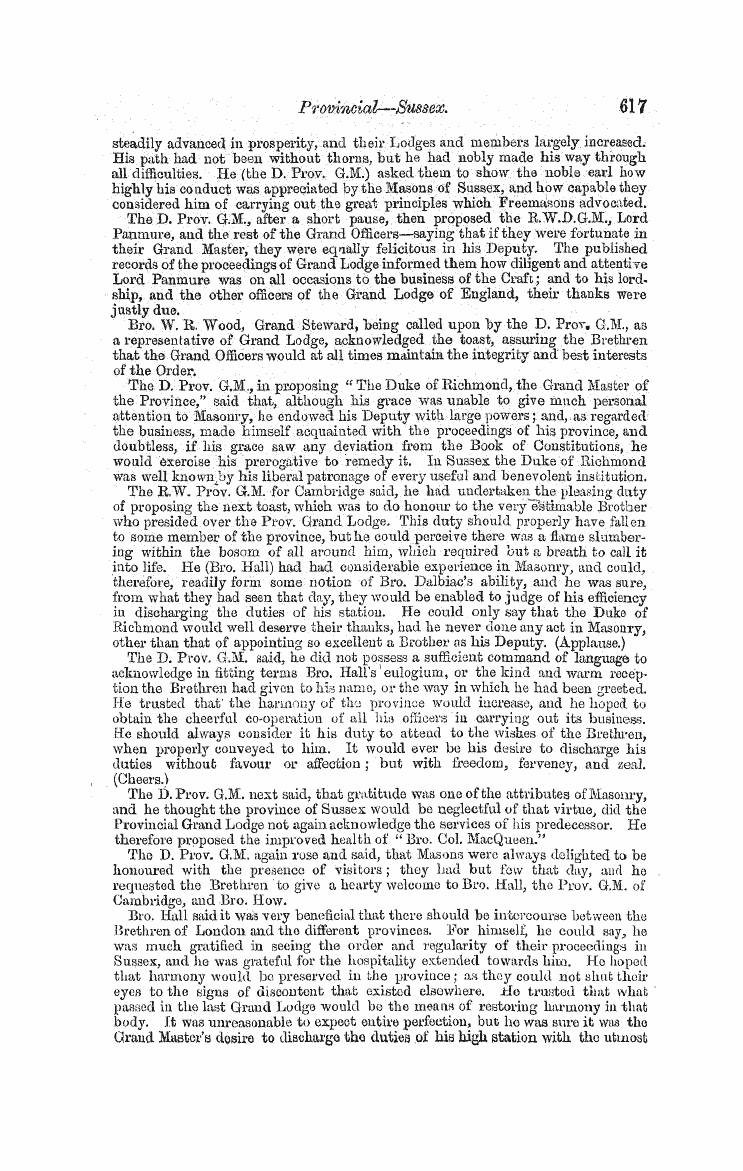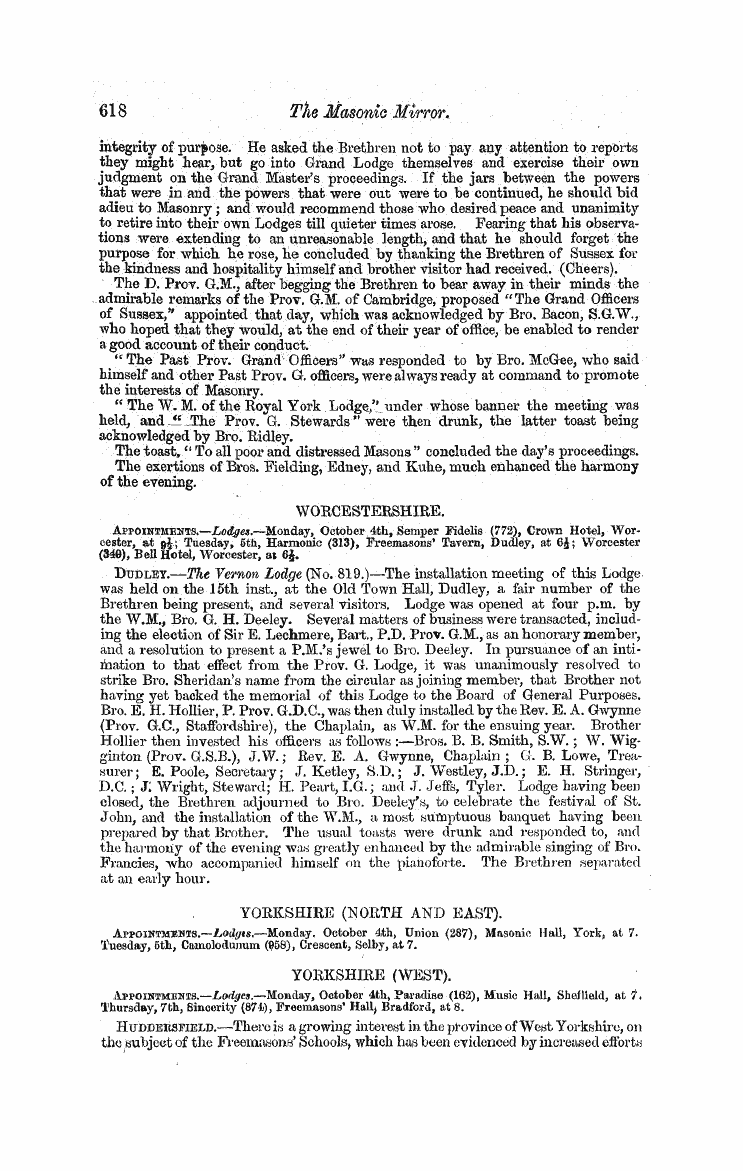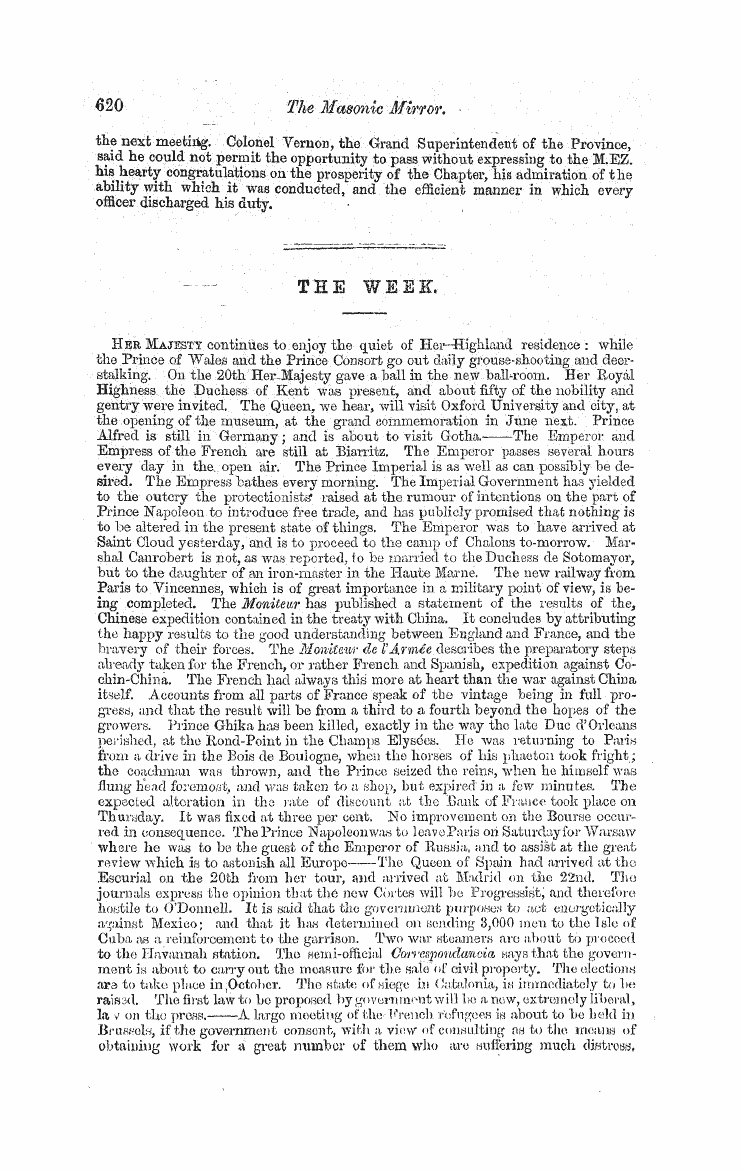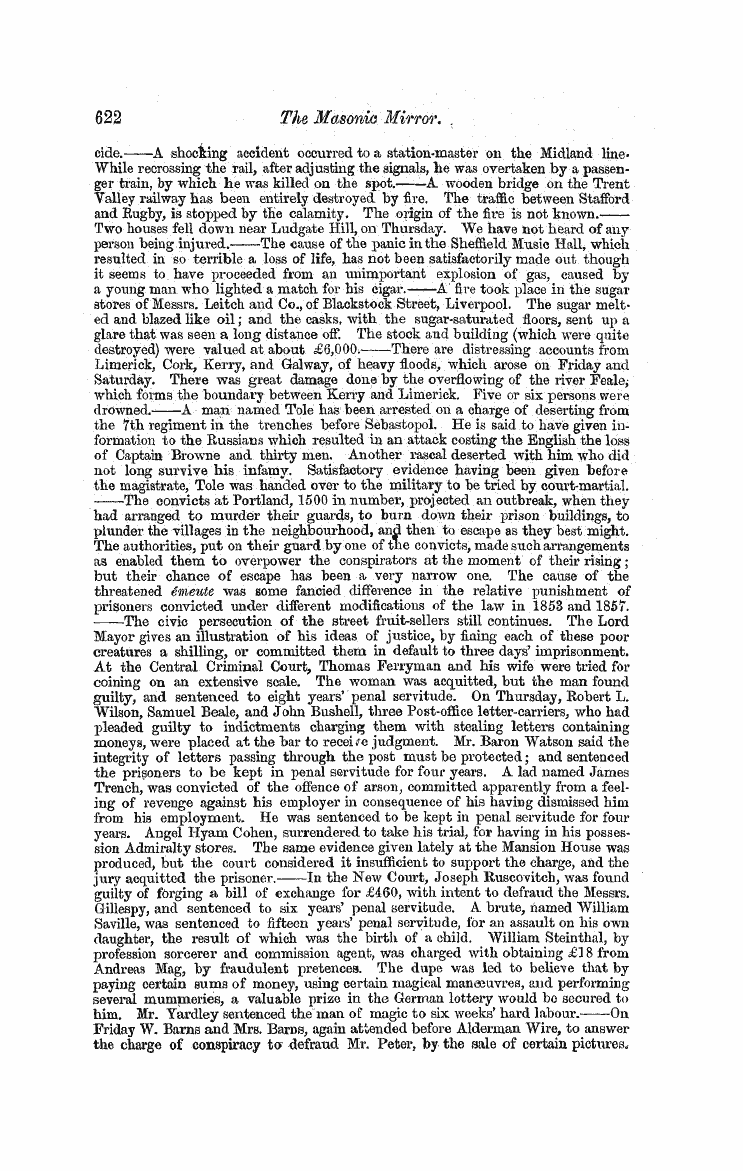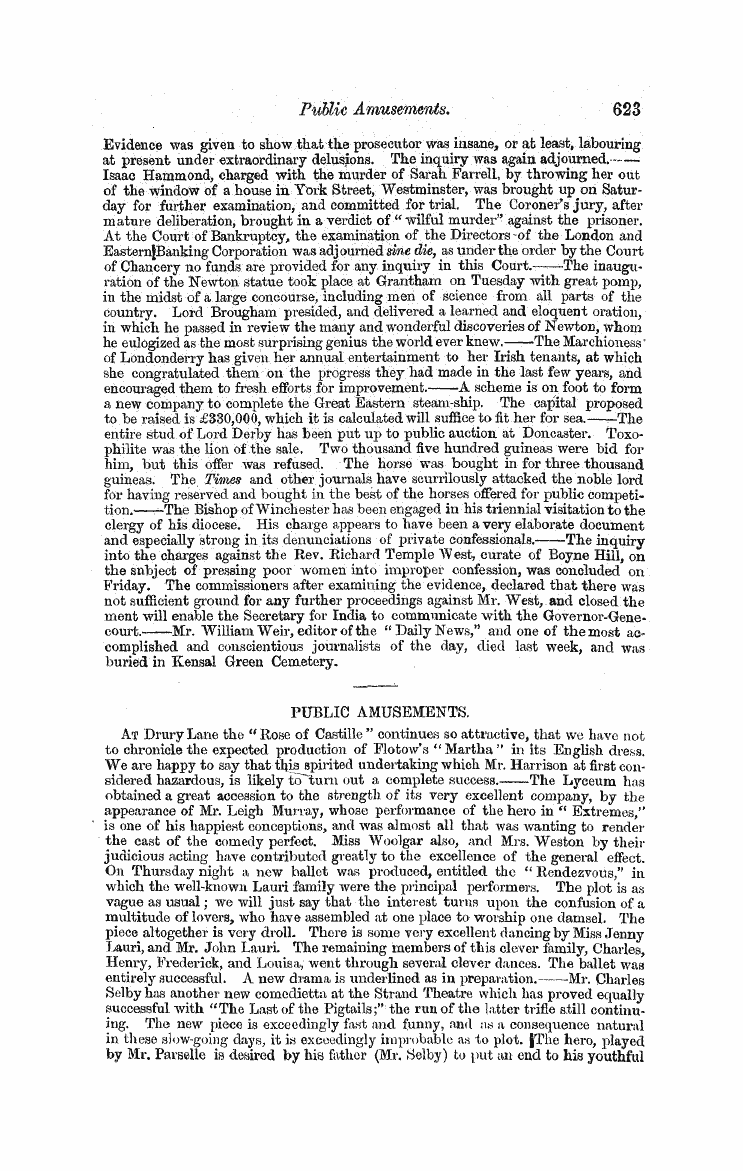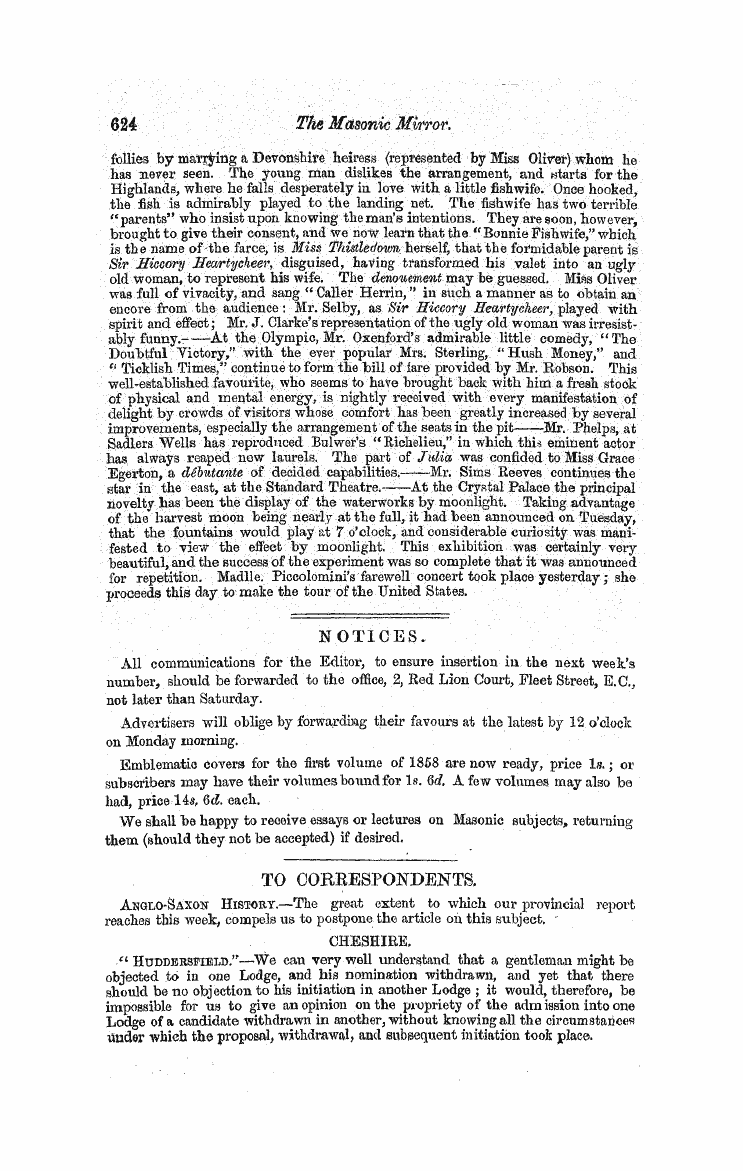Note: This text has been automatically extracted via Optical Character Recognition (OCR) software.
0!He Ang
and Camillus . It is most probable , however , that whatever the number was , Jupiter and Bacchus were of the number . It is unknown where their worship , tinder this title , was first established ; it is alleged however , to have been in Phoenicia , and to have been taken thence and introduced into Greece by the Peiasgi . It was , as we have before
said , at Samothrace that their festivals were celebrated with the greatest solemnity , and here the ancient heroes and princes were for the most part initiated , as their power was esteemed to be great in protecting recipients who were initiated here , from storms and shipwreck . They were also supposed to preside over metals . According
to some accounts , the obscenities which prevailed in their celebrations have obliged the authors of all countries to pass them over in silence , and to say that it was unlawful to reveal them . These deities are sometimes confounded with the Dioscuri or Anaees ( Castor and Pollux ) , the Goryhantes , & c ., and according to Herodotus , were the sons of Vulcan . This author mentions the sacrilege which Cambyses , the
son of Cyrus , committed * "b y entering their temple , turning into ridicule their sacred mysteries , and burning their images in a fit of madness ; and in another place , he certainly mentions a fact which seems to bear out this view of the reason which has caused all particulars about them to be so much veiled in seeresy . Another account however , brings no such charge against them , and says that persons on
their admission , seem to have undergone a strict examination respecting thelifethey had hitherto led , and were then purified of all their crimes , even if they had committed murder . This seems to imply as a necessary consequence , at least in intention , a life of honour and purity , or this examination and purification , would scarcely have been necessary . But there seems to have been an insuperable obstacle to a life of purity and holiness , viz ., the vicious examples of their own gods .
" Ego homuncio hoc non facer em V t Ter . Eun * iii . 5 , This was the self-absolving formula , whenever any one was resolved to give loose to his passions : and the licentious rites , in the open worship of their gods , gave still greater encouragement to these conclusions . Plato forbids drinking to excess , excepting during the festival of Bacchus and in honour of that divinity . And Aristotle
blames all lowd and obscene images and representations , excepting those of the gods which religion has sanctified . Now the mysteries professed to require nothing difficult of the recipients , which they did not themselves assist them to perform . It
was necessary therefore to remedy the evil which we have just mentioned ; and the aspirants were accordingly informed by the hierophant s , that Jupiter , Mercury , Bacchus , Venus , or whatever deity it was to whose mysteries they were attached , and the whole conclave of * Herodotus , Thalia , 37 . t " Might not such a wretched fellow as L be allowed to do this ?
Note: This text has been automatically extracted via Optical Character Recognition (OCR) software.
0!He Ang
and Camillus . It is most probable , however , that whatever the number was , Jupiter and Bacchus were of the number . It is unknown where their worship , tinder this title , was first established ; it is alleged however , to have been in Phoenicia , and to have been taken thence and introduced into Greece by the Peiasgi . It was , as we have before
said , at Samothrace that their festivals were celebrated with the greatest solemnity , and here the ancient heroes and princes were for the most part initiated , as their power was esteemed to be great in protecting recipients who were initiated here , from storms and shipwreck . They were also supposed to preside over metals . According
to some accounts , the obscenities which prevailed in their celebrations have obliged the authors of all countries to pass them over in silence , and to say that it was unlawful to reveal them . These deities are sometimes confounded with the Dioscuri or Anaees ( Castor and Pollux ) , the Goryhantes , & c ., and according to Herodotus , were the sons of Vulcan . This author mentions the sacrilege which Cambyses , the
son of Cyrus , committed * "b y entering their temple , turning into ridicule their sacred mysteries , and burning their images in a fit of madness ; and in another place , he certainly mentions a fact which seems to bear out this view of the reason which has caused all particulars about them to be so much veiled in seeresy . Another account however , brings no such charge against them , and says that persons on
their admission , seem to have undergone a strict examination respecting thelifethey had hitherto led , and were then purified of all their crimes , even if they had committed murder . This seems to imply as a necessary consequence , at least in intention , a life of honour and purity , or this examination and purification , would scarcely have been necessary . But there seems to have been an insuperable obstacle to a life of purity and holiness , viz ., the vicious examples of their own gods .
" Ego homuncio hoc non facer em V t Ter . Eun * iii . 5 , This was the self-absolving formula , whenever any one was resolved to give loose to his passions : and the licentious rites , in the open worship of their gods , gave still greater encouragement to these conclusions . Plato forbids drinking to excess , excepting during the festival of Bacchus and in honour of that divinity . And Aristotle
blames all lowd and obscene images and representations , excepting those of the gods which religion has sanctified . Now the mysteries professed to require nothing difficult of the recipients , which they did not themselves assist them to perform . It
was necessary therefore to remedy the evil which we have just mentioned ; and the aspirants were accordingly informed by the hierophant s , that Jupiter , Mercury , Bacchus , Venus , or whatever deity it was to whose mysteries they were attached , and the whole conclave of * Herodotus , Thalia , 37 . t " Might not such a wretched fellow as L be allowed to do this ?































































































































































































